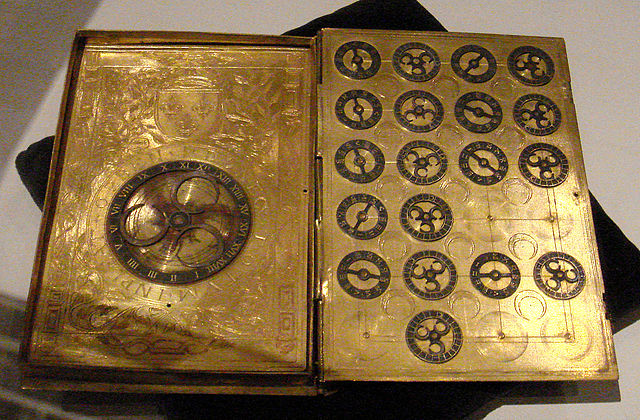Bruce Schneier is an American cryptographer, computer security professional, privacy specialist, and writer. Schneier is an Adjunct Lecturer in Public Policy at the Harvard Kennedy School and a Fellow at the Berkman Klein Center for Internet & Society as of November, 2013. He is a board member of the Electronic Frontier Foundation, Access Now, and The Tor Project; and an advisory board member of Electronic Privacy Information Center and VerifiedVoting.org. He is the author of several books on general security topics, computer security and cryptography and is a squid enthusiast.
Schneier in 2013
Image: Bruce Schneier signature
Cryptography, or cryptology, is the practice and study of techniques for secure communication in the presence of adversarial behavior. More generally, cryptography is about constructing and analyzing protocols that prevent third parties or the public from reading private messages. Modern cryptography exists at the intersection of the disciplines of mathematics, computer science, information security, electrical engineering, digital signal processing, physics, and others. Core concepts related to information security are also central to cryptography. Practical applications of cryptography include electronic commerce, chip-based payment cards, digital currencies, computer passwords, and military communications.
Lorenz cipher machine, used in World War II to encrypt communications of the German High Command
16th-century book-shaped French cipher machine, with arms of Henri II of France
Enciphered letter from Gabriel de Luetz d'Aramon, French Ambassador to the Ottoman Empire, after 1546, with partial decipherment
Whitfield Diffie and Martin Hellman, authors of the first published paper on public-key cryptography.






